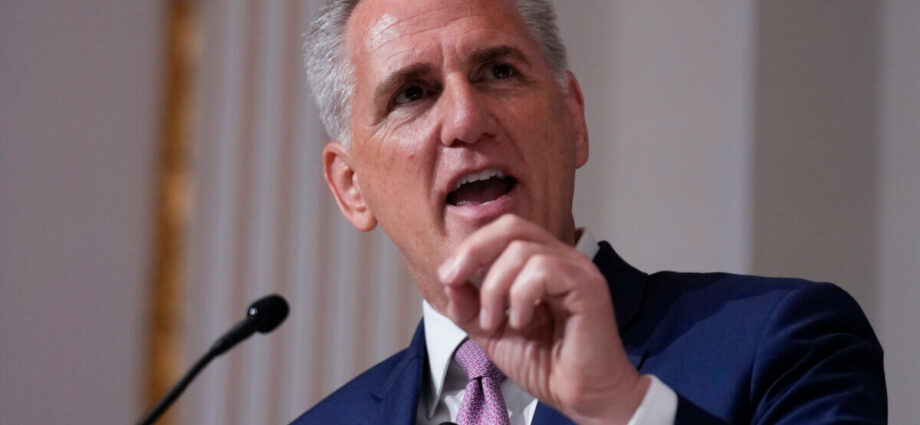Because we process discussions semantically, first thing we do when listening to politicians “negotiating” the US Debt Ceiling is to assume they are arguing about how much we should spend as a government, going forward… Well, not quite.
It actually refers to raising the amount of money the government needs to borrow, or is allowed to borrow, to pay for already incurred expenses. So when a party threatens with not approving a higher debt ceiling, know they are literally saying they do not want to pay the bill, which in many cases, comes from their own previous administration.
Congress approves budgets for future expenditure (not debt ceiling), based on a projected income. Even if expenses close within budget, other factors like collecting less revenues can leave the government short in cash to pay for expenses rightfully incurred based on budget or policy making. It’s a very simplistic example, I know, but you get the idea. When bills are higher than the cash in hand, the government needs to borrow money to cover the shortfall. Just the same way you would by using your credit card or asking for a loan to cover for bills above the cash in your bank account.
The approval of the debt ceiling is necessary to allow the US government to borrow money to pay for expenses that have already been incurred, such as paying for programs, services, and benefits that have already been authorized by Congress.
The government’s expenses can exceed its revenue for a variety of reasons, including economic downturns, unexpected events, and policy decisions made by Congress. When this happens, the government must borrow money to meet its obligations, and the debt ceiling determines the maximum amount that it can borrow.
If the debt ceiling is not raised when the government needs to borrow more money, it can create a situation where the government is unable to meet its financial obligations. This can have serious economic consequences, including defaulting on its debt, which can lead to higher interest rates, a weakened US dollar, and other negative impacts on the economy.
So next time you listen to politicians arguing about not wanting to raise the debt ceiling, just remember they are literally threatening with not meeting obligations they spent themselves or approved others to spend in our behalf.

